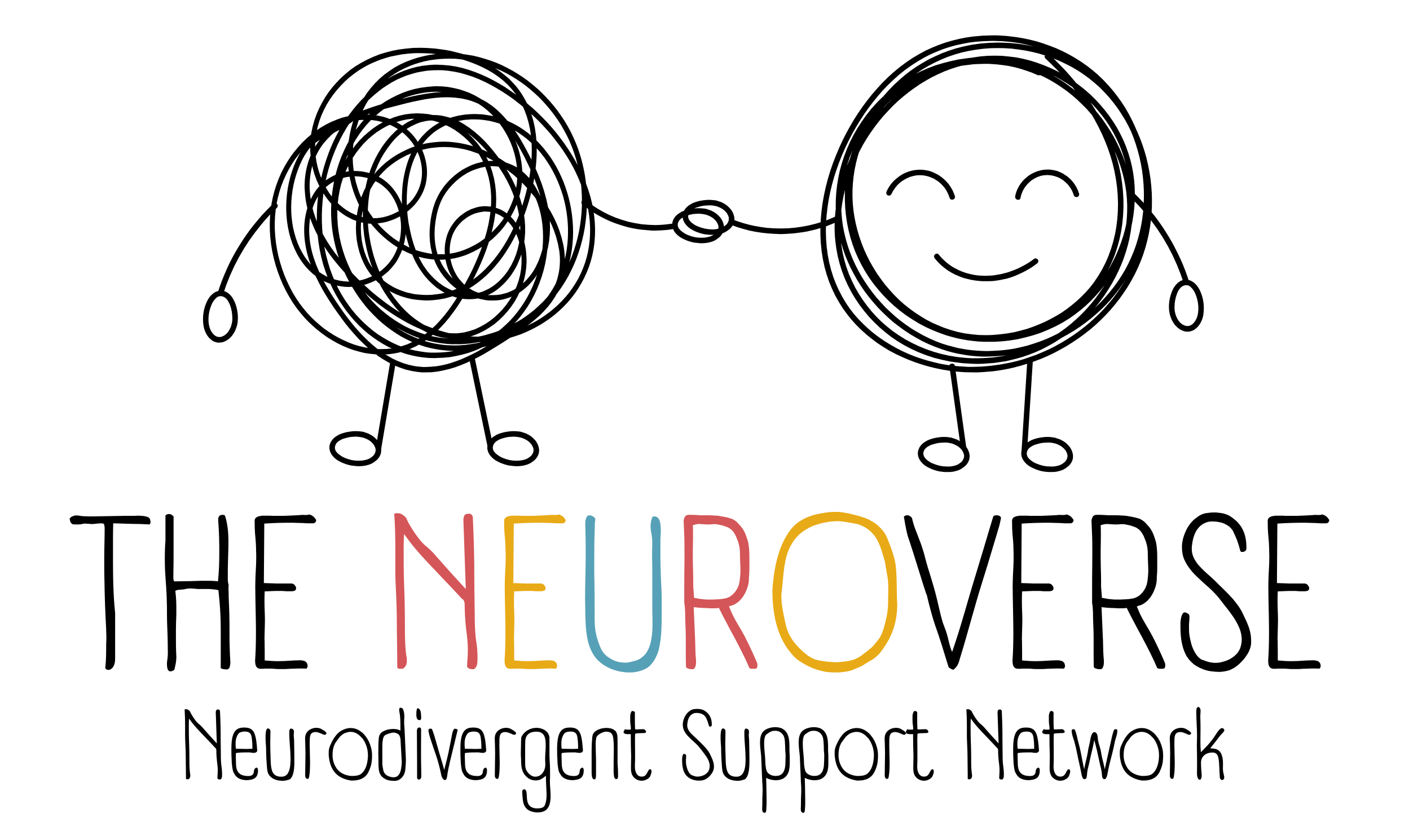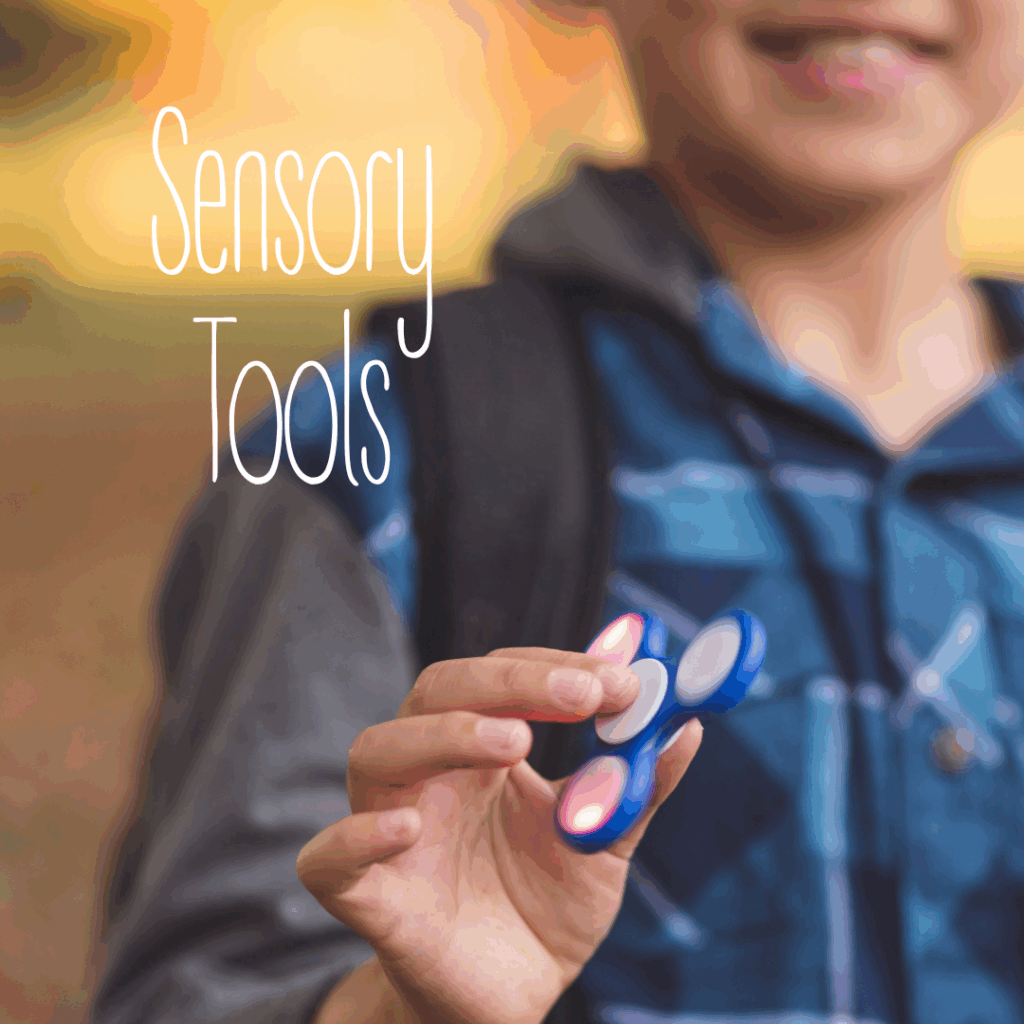Can Caffeine Help Children with ADHD?

Attention-deficit/hyperactivity disorder (ADHD) is a prevalent neurodevelopmental disorder affecting approximately 5.3% of children worldwide. The disorder is more common in boys and is characterized by symptoms such as inattention, hyperactivity, and impulsivity. Standard treatments for ADHD include psychostimulant medications like methylphenidate and lisdexamfetamine, as well as non-stimulant medications such as atomoxetine.
Understanding Caffeine’s Role in ADHD
ADHD involves an imbalance of neurotransmitters, particularly dopamine. By blocking adenosine receptors, caffeine increases dopamine levels, potentially helping to alleviate ADHD symptoms. Research indicates that caffeine might improve focus, alertness, and motivation by enhancing brain dopaminergic activity.
Exploring Caffeine as an Alternative Treatment
Caffeine is a well-known central nervous system stimulant that increases dopamine and norepinephrine levels by antagonizing adenosine receptors. This mechanism is similar to that of standard stimulant medications used for ADHD, which has led to the hypothesis that caffeine might help reduce ADHD symptoms.
Effects of Caffeine on ADHD Symptoms
Studies on caffeine’s impact on ADHD yield mixed results. While some research on adults suggests caffeine may improve reaction time, vigilance, and focus, evidence in children is less conclusive. The systematic review and meta-analysis found that caffeine generally does not significantly improve overall ADHD symptoms in children, although some studies reported improvements in specific areas like inattention and hyperactivity at lower doses.
Personal Responses to Caffeine
Caffeine has a dose-response effect, meaning its impact varies with the amount consumed. Due to their smaller body size, children are more susceptible to the effects of caffeine. Since their nervous and cardiovascular systems are still developing, the full extent of caffeine’s impact on these systems is not entirely understood. Excessive caffeine consumption can lead to increased anxiety, elevated heart rate and blood pressure, acid reflux, and sleep disturbances. High doses of caffeine are particularly dangerous for children and can be toxic.
Caffeine is a stimulant that enhances alertness. Individual responses to caffeine vary. Some children may experience improved focus and energy, while others could face side effects such as poor sleep, increased anxiety, and irritability. High caffeine intake can lead to sleep disturbances, which is particularly problematic for those with ADHD, as sleep issues are common in this population. If a child feels the need for caffeine to get through the day, it is advisable to consult a paediatrician. Identifying and addressing the underlying cause of the child’s fatigue is crucial for their overall health and well-being.
Interactions with ADHD Medications
Combining caffeine with ADHD medications, primarily stimulants, can exacerbate side effects like irritability, sleep problems, and mood swings. There is no established safe amount of caffeine for those on ADHD medication, so moderation is key.
Safe Caffeine Consumption for ADHD
For those considering caffeine, it is crucial to:
- Consume in moderation:
The FDA suggests up to 400 milligrams of caffeine per day (about 4-5 cups of coffee) for healthy adults.
- Currently, there are no federal guidelines for caffeine intake regarding children. The American Academy of Paediatrics discourages caffeine consumption for kids. Canada, however, does have some basic guidelines. They recommend the following daily limits on caffeine:
- Ages 4 – 6: 45 mgs (about a half cup of coffee)
- Ages 7 – 9: 62.5 mgs
- Ages 10 – 12: 85 mgs
- Adolescents: 85 – 100 mgs
In addition to coffee, caffeine is present in tea (48 mg per 240ml), caffeinated soda (37 mg per 355ml), hot chocolate (10 mg per 355ml), and chocolate (10-30 mg per 45ml). It’s also added to a variety of sports products and energy drinks. Coke’s caffeine content is 34mg per can, and Diet Coke caffeine content is 46mg. Prime’s caffeine content is 200mg in a 355ml can!
- Choose healthier options:
Select beverages with less added sugar over sugary energy drinks.
- Avoid sole reliance on caffeine:
ADHD management requires a holistic approach, including medication, therapy, and lifestyle changes like regular exercise, healthy eating, and good sleep hygiene.
Whilst caffeine may offer some benefits in managing ADHD symptoms, it is not a substitute for professional treatment. Its effects are less consistent and potentially less effective than traditional ADHD medications. Individuals with ADHD should seek comprehensive treatment plans tailored to their needs and consult healthcare professionals before incorporating caffeine into their regimen.
In summary, the current evidence does not support caffeine as an effective treatment for general ADHD symptoms in children. More extensive and rigorous studies are needed to explore the potential benefits and risks of caffeine for ADHD. Until then, it is advisable to use caffeine cautiously and always under the guidance of a healthcare professional.
References:
Perrotte, G., Moreira, M. M. G., de Vargas Junior, A., Teixeira Filho, A., & Castaldelli-Maia, J. M. (2023). Effects of Caffeine on Main Symptoms in Children with ADHD: A Systematic Review and Meta-Analysis of Randomized Trials. Brain sciences, 13(9), 1304. https://doi.org/10.3390/brainsci13091304
Vázquez, J. C., Martin de la Torre, O., López Palomé, J., & Redolar-Ripoll, D. (2022). Effects of Caffeine Consumption on Attention Deficit Hyperactivity Disorder (ADHD) Treatment: A Systematic Review of Animal Studies. Nutrients, 14(4), 739. https://doi.org/10.3390/nu14040739
Konstantinovsky, M. (2023). Caffeine and ADHD. https://www.webmd.com/add-adhd/adhd-caffeine. Medically reviewed by Sheikh, Z (2023)
Barclay, R. (2024). How Does Caffeine Affect ADHD? https://www.healthline.com/health/adhd/caffeine. Medically reviewed by Washington, N. (2024)



Leave a Reply